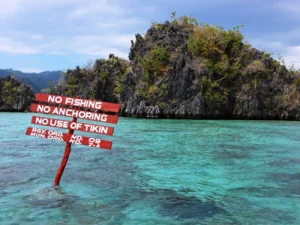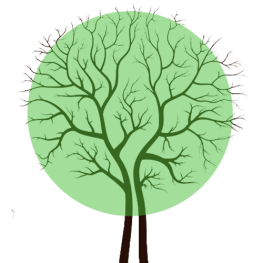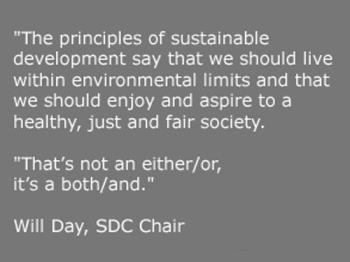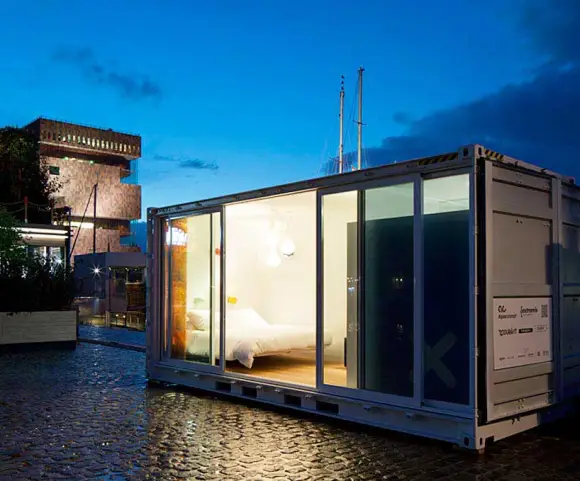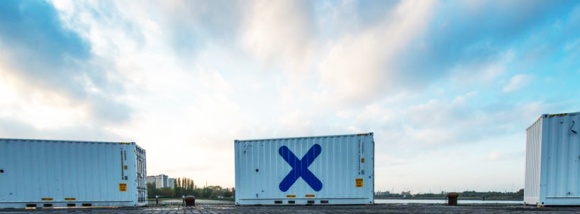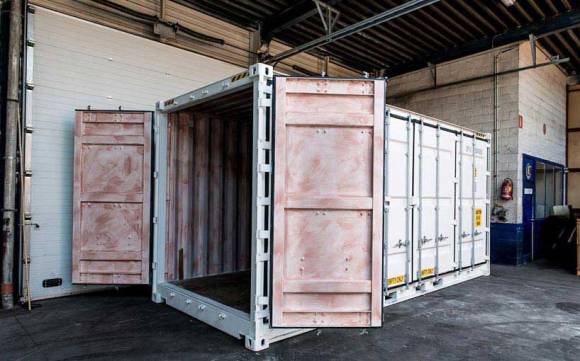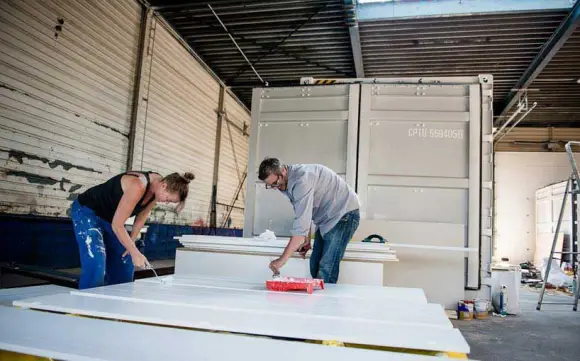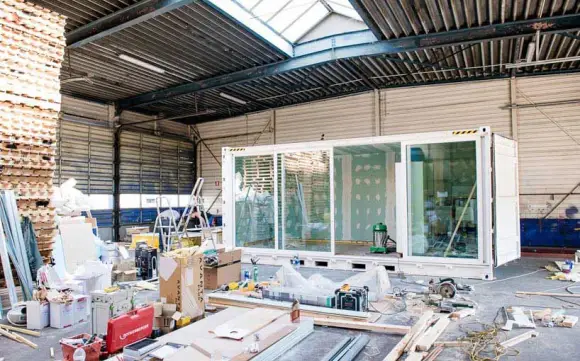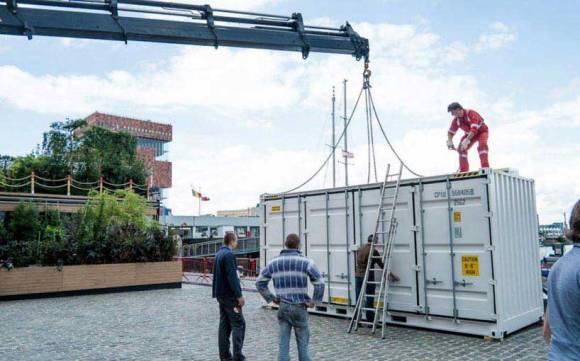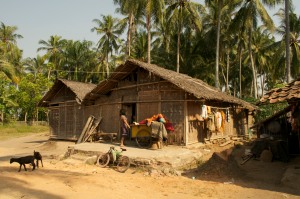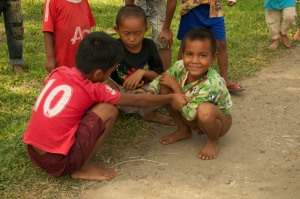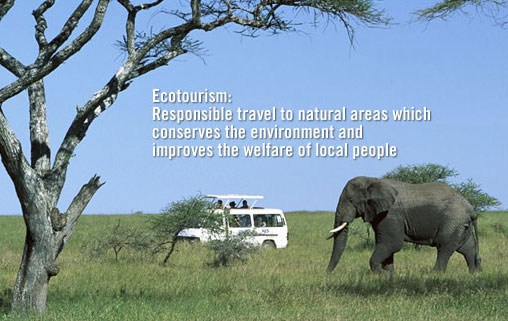 As I continue to blog and share my own thoughts and compelling findings of others that I find relevant, it’s always a pleasant surprise to stubmle upon new ideas and new perspectives of looking at the same challenges in a different light. Like this piece on Sustainable Tourism and how it relates to Luxury Tourism I found in Eco Chic Hotels.
As I continue to blog and share my own thoughts and compelling findings of others that I find relevant, it’s always a pleasant surprise to stubmle upon new ideas and new perspectives of looking at the same challenges in a different light. Like this piece on Sustainable Tourism and how it relates to Luxury Tourism I found in Eco Chic Hotels.
As more regions and countries develop their tourism industries, to reflect the growing rate of tourism, major changes are being made to natural resources, consumption patterns, pollution and social systems.
The changes to the environment and social inequities can be reduced through Sustainable Tourism, which describes the planning and management process of tourism development within the world’s delicate ecology. It involves strategic long-term thinking and planning, and includes the interests of all stakeholders including indigenous people and local communities.
In the early days of ‘greening’, many major hotel groups developed environmental policies which attracted good publicity and established sound practices. However many individual hotels, and to some degree entire countries, do not have structured sustainable development policies and run the risk of doing permanent damage to the environment and socio-cultural elements.
Rachel Dodds of Sustainable Tourism agrees. “Whilst tourism can help develop natural and cultural heritage through restoration and preservation of destinations, it can also result in damage to vulnerable ecological and cultural features – including overuse and deterioration of resources, overdevelopment of facilities, visitor congestion, and reduced quality of life for locals.”

Photo: Europarc-Consulting
“Countries new to tourism are particularly vulnerable to poor planning, and can often destroy the very aspects that attract tourists. Examples include building too close to the beach, destroying the old quarters of a city to erect modern buildings, or not paying heed to the local community. This can permanently destroy aspects which not only preserve the environment and heritage but also provide visitor appeal,” she continued.
On a positive note, the industry is moving towards regulation. According to Paul White, Vice-President Operations for luxury hotel group Orient-Express Hotels, hotels in South America are now required to confirm to established industry standards. “We have seen this growing trend for the past two years, and predict that it will grow into an international reference of quality management and environmental management,” said Paul White.
“I also strongly believe that ensuring that countries maximise income (in hard currency) and then address its distribution is the key to long term sustainable tourism. We call it the ‘trickle down’ effect,” he continued.
In addition, programmes undertaken by the International Hotels Environment Initiative (IHEI), which encourages the continuous improvement of environmental performance by the hotel industry worldwide, have done much to advance the industry’s awareness of sound sustainable tourism principles. They have developed a number of manuals and a quarterly magazine ‘Green Hotelier’ that highlights environmental tips and best practices.

Photo: Wave Expeditions, Costa Rica








